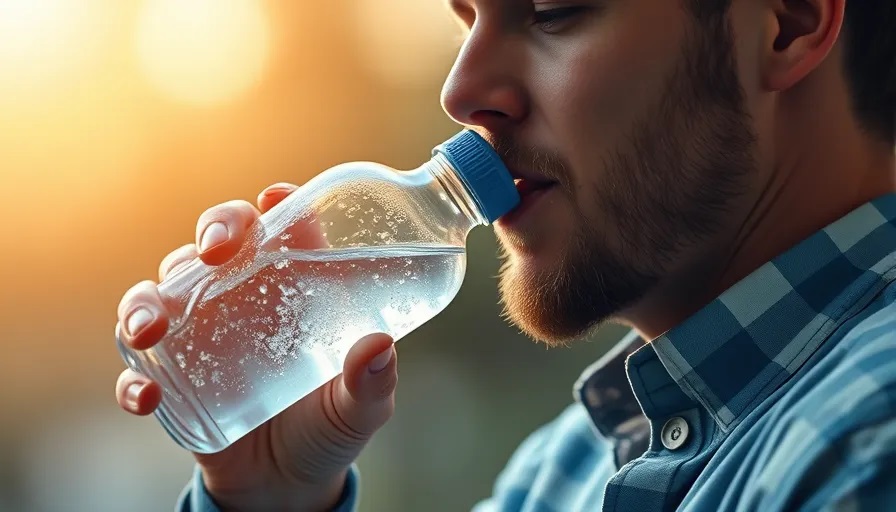The global bottled water market is booming, with no signs of slowing down. By 2024, it’s expected that over 550 million households worldwide will consume bottled water, amounting to over 446 billion liters per year—or about a million bottles sold every minute. Despite efforts to reduce plastic waste, bottled water consumption continues to grow at a rate of 5% annually, and it’s projected to reach a volume of 515 billion liters by 2027.
While bottled water is often seen as a reliable alternative in places with poor tap water quality, it raises significant long-term concerns. So, just how safe is bottled water for human health?
Chemical and Biological Contamination
One of the major issues with bottled water safety is the risk of contamination. Studies over the years have revealed the presence of harmful microorganisms and chemical substances in many popular brands. These include bacteria, fertilizers, and even industrial chemicals.
For instance, in 2008, ten major U.S. bottled water brands were found to contain 38 different contaminants. In some cases, the levels were comparable to or worse than those found in tap water.
Bacteria
Recently, Nestlé Waters was embroiled in a scandal after being accused of using illegal filtration methods for over 15 years. Investigations revealed that water sources used by the company in France were contaminated with fecal bacteria and pesticides. Despite this, the water was sold as “natural mineral water,” potentially exposing consumers to serious health risks.
A more recent study found that between 10% and 78% of bottled water samples contain contaminants like bisphenol A (BPA), which has been linked to hypertension, cardiovascular diseases, and even diabetes. Though safety thresholds are in place, the long-term effects remain largely unknown.

Microplastics and Health Risks
An alarming concern is the presence of microplastics in bottled water. Research has confirmed that many bottled water brands contain tiny plastic fragments that can enter the bloodstream and raise blood pressure. These microplastics, though small, could have significant health impacts, including on human cells and organs.
Reuse and Storage of Plastic Bottles
While glass bottles were once the norm for bottled water, plastic has taken over, particularly PET plastics. Designed for single use, these plastic bottles can release harmful chemicals into the water if reused. Moreover, improper storage of bottled water, especially in hot conditions, can lead to the release of antimony, a toxic substance that can cause vomiting, diarrhea, and even long-term health problems.
Given these risks, experts increasingly recommend tap water as a safer, more environmentally responsible option. Prioritizing tap water helps reduce the health risks and environmental burden associated with bottled water consumption.
If you found this article helpful, share it with friends or leave us a comment!






